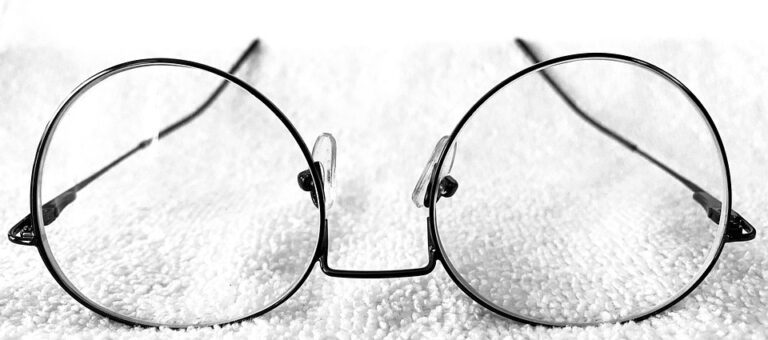-
NO.108, ZHUODAOQUAN ROAD,WUHAN,CHINA

what incontinence pads do hospitals use?
What Incontinence Pads Do Hospitals Use?
I. Introduction
Incontinence is a common issue that affects millions of people worldwide, and hospitals play a crucial role in providing care and support to those affected. One of the most essential products used in hospitals to manage incontinence is incontinence pads. But have you ever wondered what type of incontinence pads hospitals use? In this article, we’ll delve into the world of incontinence pads and explore the types used in hospitals.
II. Types of Incontinence Pads
Incontinence pads come in various shapes, sizes, and materials, each designed to cater to specific needs. Hospitals use a range of incontinence pads to ensure effective management of incontinence. Here are some of the most common types:
2.1. Disposable Incontinence Pads
Disposable incontinence pads are the most widely used type in hospitals. They are designed to be used once and then discarded, making them a convenient option for healthcare professionals.
2.2. Reusable Incontinence Pads
Reusable incontinence pads are made of breathable materials and can be washed and reused multiple times. They are a popular choice for patients who require long-term care.
2.3. Absorbent Incontinence Pads
Absorbent incontinence pads are designed to absorb large amounts of liquid, making them ideal for patients with severe incontinence.
2.4. Waterproof Incontinence Pads
Waterproof incontinence pads are designed to prevent leakage and are often used for patients who require mobility or are at risk of skin irritation.
III. Factors to Consider When Choosing Incontinence Pads
When selecting incontinence pads for hospital use, healthcare professionals consider several factors, including:
3.1. Absorbency
The absorbency of the incontinence pad is crucial in managing incontinence. Hospitals look for pads with high absorbency to ensure effective management of incontinence.
3.2. Breathability
Breathability is essential to prevent skin irritation and promote healing. Hospitals choose incontinence pads with breathable materials to ensure patient comfort.
3.3. Comfort
Comfort is a critical factor in incontinence pad selection. Hospitals opt for pads that provide comfort and support to patients.
3.4. Durability
Durability is essential in hospital settings where incontinence pads are used extensively. Hospitals choose incontinence pads that can withstand repeated use and washing.
IV. Benefits of Using Incontinence Pads in Hospitals
Incontinence pads offer numerous benefits in hospital settings, including:
4.1. Improved Patient Comfort
Incontinence pads provide comfort and support to patients, reducing the risk of skin irritation and promoting healing.
4.2. Enhanced Patient Mobility
Incontinence pads enable patients to move freely without worrying about leakage or discomfort, promoting mobility and independence.
4.3. Reduced Risk of Infection
Incontinence pads help reduce the risk of infection by preventing skin irritation and promoting healing.
4.4. Increased Patient Satisfaction
Incontinence pads improve patient satisfaction by providing comfort, support, and dignity.
V. Conclusion
Incontinence pads play a vital role in hospital settings, providing comfort, support, and dignity to patients. By understanding the types of incontinence pads used in hospitals and the factors to consider when selecting them, healthcare professionals can ensure effective management of incontinence and promote patient satisfaction.
FAQs
Q: What is the most common type of incontinence pad used in hospitals?
A: Disposable incontinence pads are the most widely used type in hospitals.
Q: What is the primary factor considered when selecting incontinence pads for hospital use?
A: Absorbency is the primary factor considered when selecting incontinence pads for hospital use.
Q: What is the benefit of using breathable incontinence pads in hospitals?
A: Breathable incontinence pads help prevent skin irritation and promote healing.
Q: What is the advantage of using waterproof incontinence pads in hospitals?
A: Waterproof incontinence pads prevent leakage and are ideal for patients who require mobility.
Q: What is the most important consideration when choosing incontinence pads for patients with severe incontinence?
A: Absorbency is the most important consideration when choosing incontinence pads for patients with severe incontinence.








